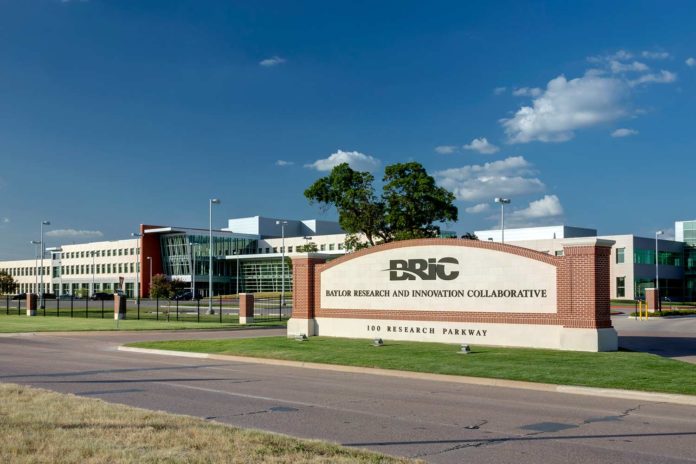
By Sarah Wang | Staff Writer
The Baylor Research and Innovation Collaborative (BRIC) is building a cybersecurity suite within its facilities, expecting completion by spring 2023.
The BRIC offers a research space in which scientists, engineers and Baylor’s School of Engineering and Computer Science have the opportunity to work together to innovate.
According to Jeff Donahoo, director of research and development, cybersecurity is an important topic as people become more dependent on digital infrastructure and personal information.
“Cybersecurity is really about providing protection and resiliency in response to breaches,” Donahoo said.
Donahoo also said the Cyber Lab and the Cyber Research and Range Facility will be approaching cybersecurity from two different angles. One angle will be aiming to develop future leaders from a variety of disciplines to respond to cybersecurity threats. The other will be trying to develop new and improved techniques for responding to cybersecurity threats.
According to Shaun Hutton, clinical associate professor of computer science, the facility’s name will most likely be the Central Texas Cyber Range. He also said the reason why the cybersecurity suite’s name will not be ‘Baylor Cyber Range’ is because it is a partnership between McLennan County and the university, and funding for the project comes from both.
Hutton, who is also executive director for the cybersecurity suite under construction, said the idea of formulating a cybersecurity suite existed before he came to Baylor in 2020 and came from Donahoo and interim dean and professor Erich Baker. However, the presence of COVID-19 and other factors had hindered the project.
Hutton said the construction of the cybersecurity range is a part of bringing Baylor’s Illuminate vision in the data sciences, especially in cybersecurity, to fruition.
Although there are cyber ranges in other places around Texas, there are not many in Central Texas, which is one of the factors spurring construction of the cybersecurity suite.
“It also positions us well to offer something unique for the Central Texas region in terms of offering research and education and training capabilities,” Hutton said. “The purpose of this facility will be to accomplish both research in the area of cybersecurity as well as helping us train both students here at Baylor, also at MCC, but also for the larger community.”
Donahoo said this facility is important to the university for its research and educational purposes.
“In the past, we’ve done things like law enforcement training for personal security from a cybersecurity perspective, not leaking information, etc.,” Donahoo said. “It’s of interest to the community.”
According to Donahoo, another aspect of this project includes enabling interdisciplinary groups to come together, research effective ways to provide cybersecurity and show resilience.
“The bad guys are always trying to improve their capabilities and skills, and the good guys here at Baylor and in this BRIC facility need to also be focusing on that so that the bad guys don’t get ahead,” Donahoo said.
Hutton said expanding the workforce in cybersecurity, which is a priority of the nation, is another goal for the project.
“Globally, there’s different estimates, but somewhere on the order of three-plus million open jobs that are unfilled in cybersecurity across the globe,” Hutton said. “There’s a lot of jobs even in just Texas alone that need to be filled in cybersecurity.”
According to Hutton, there are several challenges to implementing this facility, including long-term funding and facility sustenance. He said in order to continue this mission, they will need to host camps and competitions, which in turn create the need for recruiting and attracting talents.
“There’s a lack of sufficiently trained cybersecurity professionals out there, which is why we are trying to train lots of people in cybersecurity,” Hutton said.
Hutton said the team is trying to help train people for the various scenarios they might encounter so that eventually, companies and individuals will be well prepared.
The facility is aiming for completion in early spring 2023. Hutton said he is expecting student participation upon completion.
“We will use this facility to help our cyber team, so we have a cyber team that competes,” Hutton said.
Hutton said in the future, he envisions the facility hosting an interdisciplinary cybersecurity competition and using the space to host national competitions.





